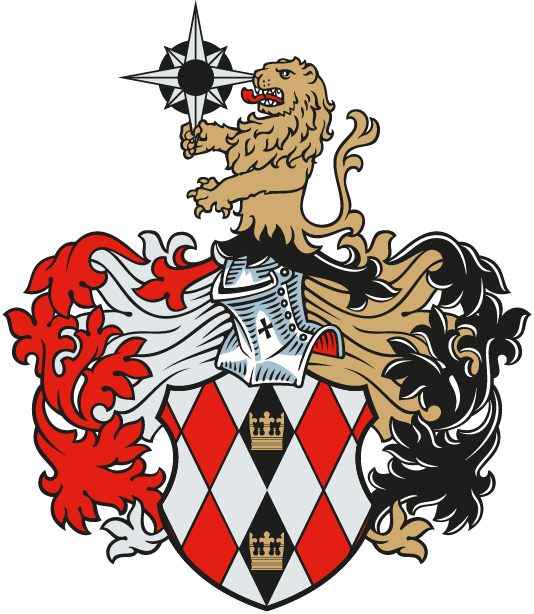

In a world dazzled by AI breakthroughs and disruptive innovation, GITEX 2025 in Dubai is drawing a line in the silicon sand: progress must have a conscience. As the Middle East’s largest tech expo prepares to welcome global innovators, the spotlight is firmly on ethics, sustainability, and inclusive impact. From regulating generative AI to championing digital equality, the future of responsible tech is being shaped not just by code—but by conscience.
Neon reflections ripple across the polished marble floors of the Dubai World Trade Centre. Outside, the skyline pulses with ambition—towers of glass, steel, and vision. Inside, the buzz is electric. Somewhere between a robot dog demo and a panel titled 'Can AI Have Empathy?', a quiet revolution is unfolding. It's not about speeds or specs. It's about soul.
Welcome to GITEX 2025. The theme? Not just innovation, but ethical innovation.
In an era where AI can mimic human voices and deepfakes blur truth, Dubai is planting a flag for responsible tech. This year’s GITEX isn’t just a showcase of gadgetry. It’s a global summit for digital morality—where tech leaders, policymakers, and ethicists converge to ask the hard questions: Should AI ever decide a medical diagnosis? Who owns the data of your smart fridge? Can a robot discriminate?
The UAE’s ambition is clear. With global AI spending projected to hit $407 billion by 2027, Dubai wants to be more than a consumer—it wants to be a conscience. The nation has already appointed an official Minister of AI, and its AI Ethics Guidelines are among the most progressive in the world.
At GITEX 2025, this vision takes center stage. Keynotes from Google DeepMind, MIT, and regional AI startups are not just about breakthroughs—they're about boundaries. Panels delve into algorithmic bias, sustainable tech infrastructure, and the environmental cost of cloud computing. The buzzwords aren’t just 'disruption' and 'scale', but 'equity', 'inclusion', and 'accountability'.
“Innovation without ethics is just chaos in disguise,” says Fatima Al Kaabi, Emirati inventor and youth tech ambassador, before stepping into a VR ethics roundtable. Her sentiment echoes across the event space, from startup booths to government pavilions.
One standout session—'Algorithmic Fairness in Smart Cities'—draws a packed crowd. Panelists discuss how data-driven urban planning can unintentionally marginalize communities. Another, hosted by the UN Digital Compact Group, debates global digital rights and the governance of AI development.
Beyond talk, there’s action. The UAE’s Digital Wellbeing Charter—launched at GITEX—sets out principles for tech companies operating in the region, covering everything from children’s online safety to AI explainability. It’s voluntary, but influential.
Inclusivity is more than a buzzword here. GITEX 2025 is actively highlighting underrepresented voices: women in tech, neurodiverse coders, startups from the Global South. The message is clear—future tech must be for everyone, not just the digitally privileged.
Startups pitch ideas like AI-powered sign language translators, solar-powered connectivity hubs for rural Africa, and blockchain-based refugee ID systems. It’s innovation with a heartbeat.
Dubai’s bet is bold: that ethical leadership will be the next competitive advantage. In a global landscape where consumer trust is fragile and regulatory scrutiny rising, companies with strong digital ethics may not just do good—they may win big.
And GITEX 2025 is their proving ground.
Ethical tech doesn’t just change how we build software—it’s transforming the very skyline of Dubai. As the city positions itself as a responsible innovation capital, real estate development is aligning with this vision. Smart buildings are now designed with AI transparency, data privacy, and green energy at their core—not just as features, but as fundamental principles.
For investors, this marks a paradigm shift. Properties that integrate ethical tech—like carbon-neutral data centers, health-optimized living spaces using AI, or buildings embedded with inclusive smart access systems—are commanding premium attention. Institutional investors, particularly ESG-focused funds, are eyeing Dubai’s tech-enabled real estate with growing interest.
Moreover, districts like Dubai Silicon Oasis and the upcoming Dubai AI Valley are becoming hotbeds not just for startups but for integrated live-work real estate ecosystems. These areas promise high rental yields, strong infrastructure, and long-term relevance in a world increasingly governed by digital ethics.
In short, Dubai’s ethical tech pivot isn’t just a moral stance—it’s a magnet for future-proof real estate capital.
